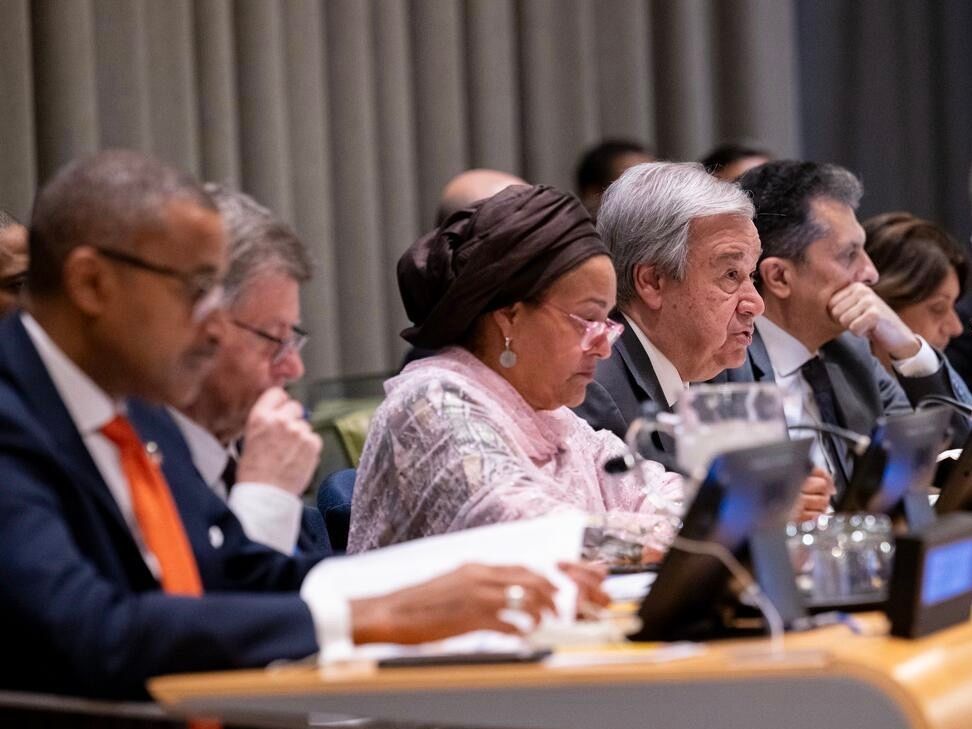A new era of competing world powers has begun to overturn the post-Cold War era as geopolitical tensions soar, U.N. Secretary-General António Guterres said in calling for new peacekeeping strategies and operations.
Guterres' bid to revitalize multilateralism that is at the heart of the United Nation's global problem-solving work runs through his dire assessment of the world's challenges in the “New Agenda for Peace” policy paper he presented on Thursday.









